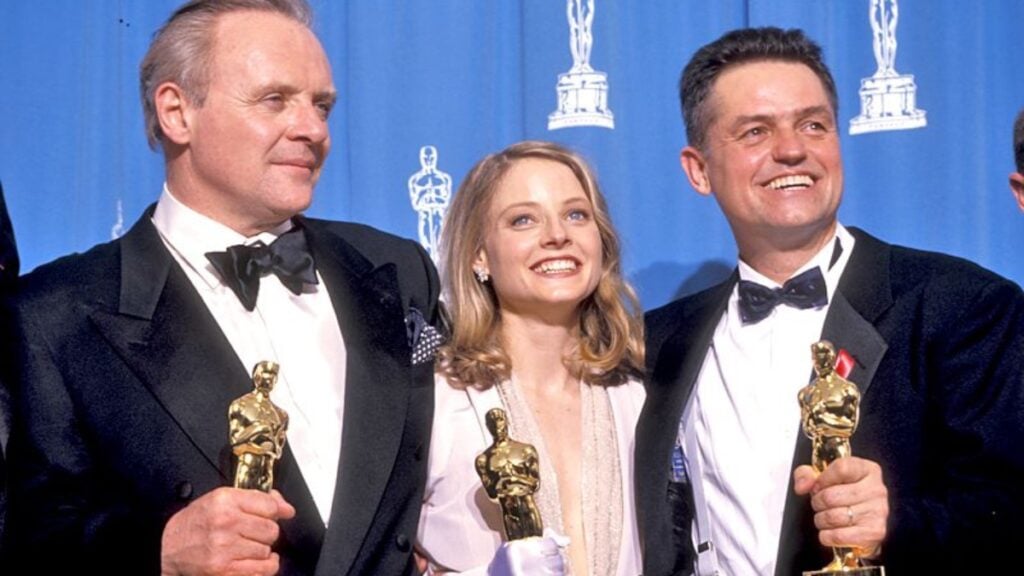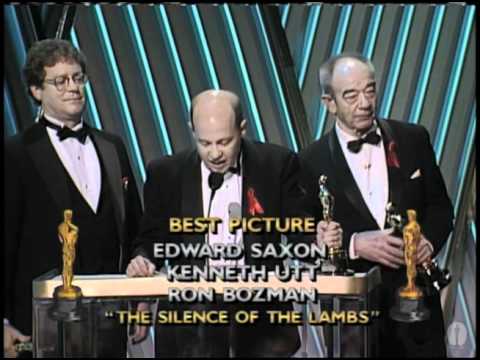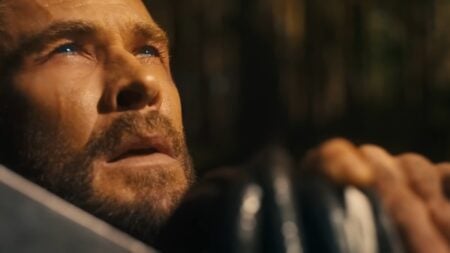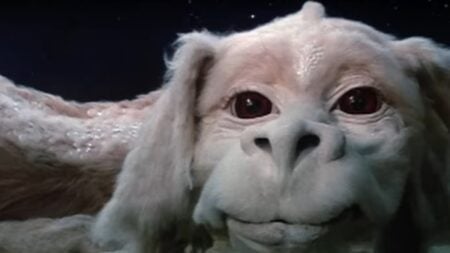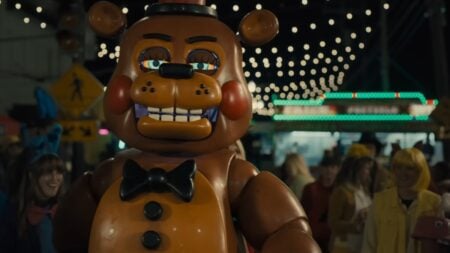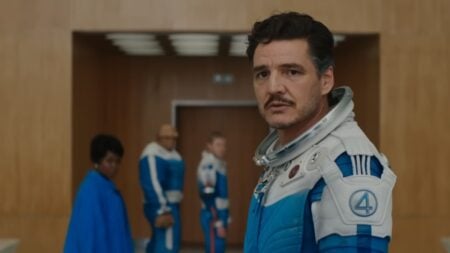Skip To...
Over 30 years ago, at the 1992 Oscars, The Silence of the Lambs became the first and only horror movie in history to win Best Picture. Not only that, but Jonathan Demme’s live-action adaptation of Thomas Harris’ 1988 novel swept the ‘Big Five’ categories with Demme earning Best Director, Ted Tally snagging Best Adapted Screenplay, and wins for Anthony Hopkins and Jodie Foster for Best Actor and Best Actress, respectively.
But in three decades, no other horror movie has ever won Best Picture. In fact, only six were ever nominated. Those being The Exorcist (the first horror to ever be nominated for Best Picture), Jaws, The Silence of the Lambs (obviously), The Sixth Sense, Black Swan (surprisingly), and Jordan Peele’s best—Get Out. If you clicked on this article then you likely read the headline and agree with me. This needs to change.
Horrors Must Be Culturally Significant To Be Relevant
For the last few years, there has been an intense discourse among critics that resent the idea that The Silence of the Lambs remains the only horror movie to win Best Picture. There’s really no excuse for why The Exorcist shouldn’t have won, especially since the Oscars had been established for over 45 years at that point. The same goes for Get Out, which was lauded as one of the most revolutionary psychological horrors of the modern age of cinema, particularly for its focus on Black culture and the ongoing issue of subtle racism in society.
As a horror enthusiast, I would be the first to admit that the well of ideas has been running dry for horror filmmakers for years. M3GAN was a modernized and futuristic rip-off of Annabelle, The Conjuring Universe gets worse with every Nun sequel, and an upcoming eleventh Saw makes me wonder about the psyche of morbidly curious moviegoers who enjoy a good decapitation with their popcorn and soda.
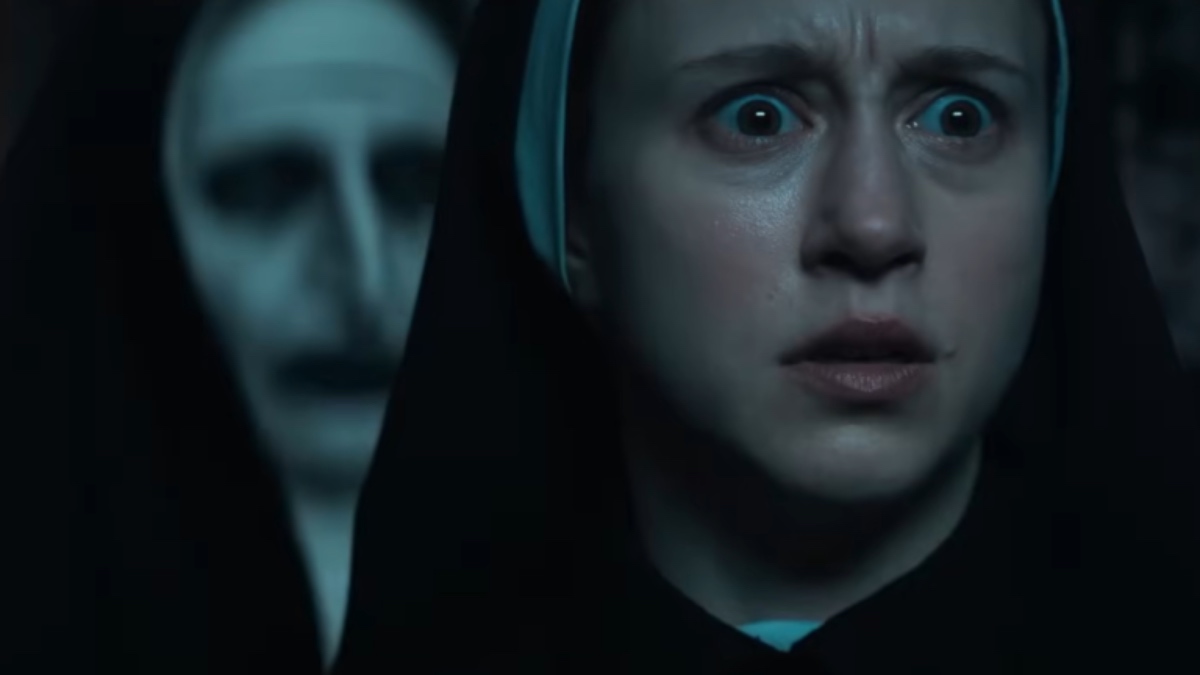
The Silence of the Lambs was undoubtedly ahead of its time, there’s no question about that. Thomas Harris set the stage, but Jonathan Demme breathed life into Hannibal the Cannibal and FBI agent Clarice Starling. Props to Hopkins and Foster for embodying two characters who contrast starkly but maintain electrifying chemistry. They just don’t make ’em like they used to, which is a heavy pill that many a horror die-hard has been forced to swallow. The Silence of the Lambs released 33 years ago, so you’re telling me that Hollywood couldn’t produce a decent-enough horror movie to compete in three decades?
Of course not. Ever since horror became a mainstream genre, Hollywood has been prejudice towards it. Horrors are typically low budget, experimental, and challenge the views, beliefs, and fears of its audience. In short, Hollywood doesn’t appreciate what it can’t understand. Any horror concept that actually has some influence — like Get Out, Midsommar, Hereditary — isn’t worth the funding and marketing, but apparently the tenth Fast & Furious movie was an entirely necessary expenditure.
The Oscars Have Snubbed Horror For Far Too Long
It confuses me somewhat that Best Picture is traditionally awarded to the most groundbreaking and innovative movie of them all, but the irony in all of this is that description fits so many horror nominees — and yet none of them ever win. Take Nomadland, Oppenheimer, and even the Korean comedy-thriller Parasite as prime examples. All of them explore much deeper themes than what is presented on the surface, but the same could be said for Nope — yet it didn’t win Best Picture — or even The Blair Witch Project from 1999, which paved the way for found-footage horrors like Paranormal Activity.
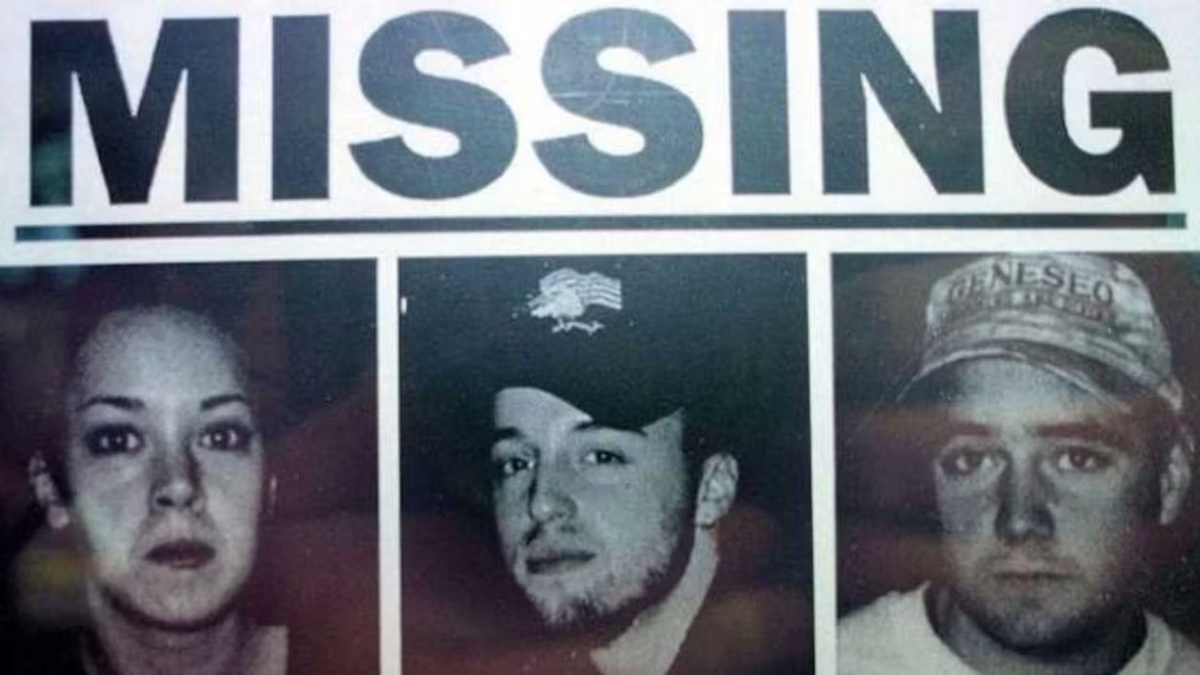
Did you see The Blair Witch Project win Best Picture? Even though it successfully convinced an entire generation that Heather Donahue, Joshua Leonard, and Michel C. Williams were all victims of a ‘real’ Blair Witch, directors Eduardo Sánchez and Daniel Myrick got no more recognition than a mere pat on the back.
The Silence of the Lambs made history in 1992, but Hollywood has shamelessly turned its back on the horror community ever since. It shouldn’t take Jordan Peele emphasizing rampant racism for a horror movie to be nominated for Best Picture. Horror filmmakers work relentlessly hard — harder at times than one-trick action directors — for half as much time in the spotlight. Hopefully, it won’t take another 30 years for a horror movie to earn Best Picture.

